The Indian government said that during the last three years 11,044 Uniform Resource Locators were asked to be blocked owing to various reasons.
“Ministry of Electronics and Information Technology (MeitY) has informed that under the provision of section 69A of the Information Technology (IT) Act, 2000 Government is empowered to block any information generated, transmitted, received, stored or hosted in any computer resource in the interest of sovereignty and integrity of India, defence of India, security of the State, friendly relations with foreign states or public order or for preventing incitement to the commission of any cognizable offence relating to above. A total of 5321, 1727 and 3996 URLs of Facebook, Instagram and Twitter, respectively were blocked during the last three year period (2018 to 2020),” Minister of Information and Broadcasting Parakash Javadekar said in Rajya Sabha (Upper House of parliament) on Monday.
Javadekar also stated that the recently notified Information Technology (Intermediary Guidelines and Digital Media Ethics Code) Rules, 2021 notified under IT Act, enjoins upon intermediaries to develop a robust grievance redressal system whereby a user can lodge a complaint or grievance.
In recent times, the Indian government and social media platforms have been at loggerhead over content removal or account suspension over SM platforms’ resistance to accede to government requests
On February 25, 2021, the Indian government announced sweeping guidelines for SM and OTT platforms, and digital news publishers that in a nutshell could be said to have empowered self-regulation under government oversight. The guidelines seek to put an end to a free run of edgy, highly political and sexual content on streaming services, apart from trying to check spread of misinformation and fake news on SM and on the Internet from within and outside the country emphasizing on identification of `first originator’ of such messages on SM platforms.
However, several cases have been filed in Indian courts, mostly by publishers of pure play digital news, challenging the new digital norms on the ground that they infringe upon media freedom and that the parent legislation , IT Act, doesn’t have provisions to regulate digital news content.
 Govt. not considering rules for use of AI in filmmaking: Murugan
Govt. not considering rules for use of AI in filmmaking: Murugan  DTH revenue slide to ease to 3–4% this fiscal year: Report
DTH revenue slide to ease to 3–4% this fiscal year: Report 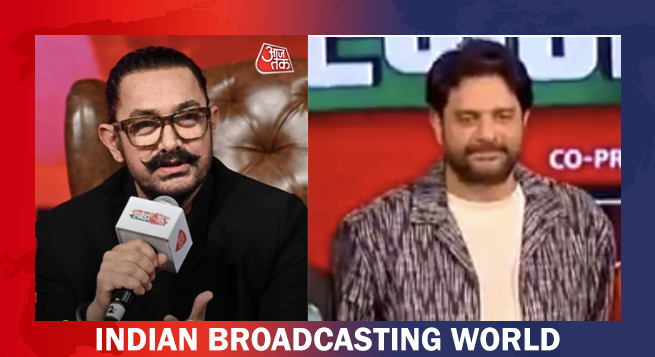 At Agenda Aaj Tak, Aamir, Jaideep Ahlawat dwell on acting, Dharam
At Agenda Aaj Tak, Aamir, Jaideep Ahlawat dwell on acting, Dharam  JioHotstar to invest $444mn over 5 years in South Indian content
JioHotstar to invest $444mn over 5 years in South Indian content 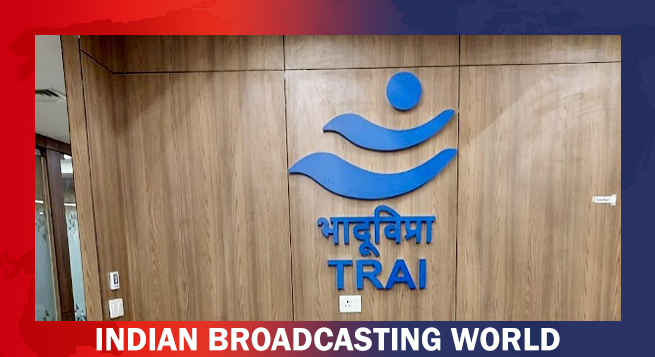 Standing firm, TRAI rejects DoT views on satcom spectrum fee
Standing firm, TRAI rejects DoT views on satcom spectrum fee 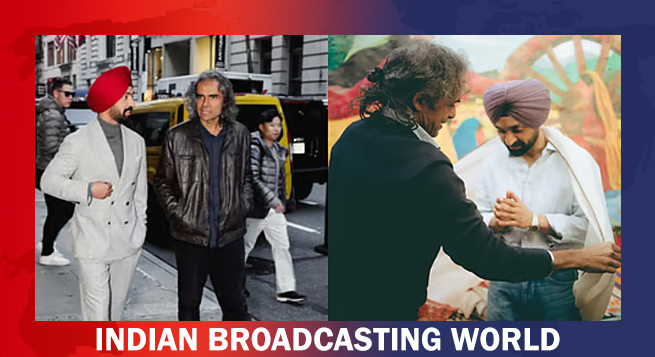 Diljit Dosanjh wraps shoot for untitled Imtiaz Ali film
Diljit Dosanjh wraps shoot for untitled Imtiaz Ali film  ‘Bhabiji Ghar Par Hai 2.0’ to return with comedy, chaos, a supernatural twist
‘Bhabiji Ghar Par Hai 2.0’ to return with comedy, chaos, a supernatural twist 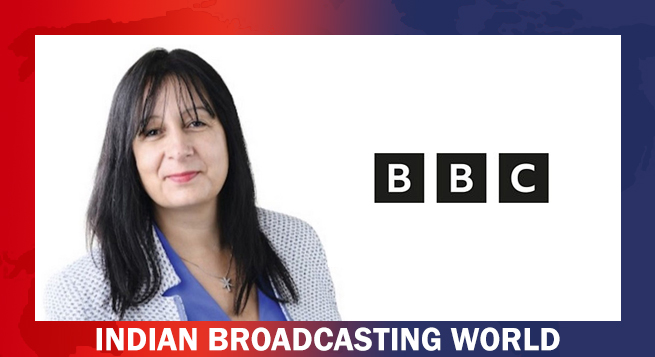 BBC names Bérangère Michel as new Group CFO
BBC names Bérangère Michel as new Group CFO  ‘Border 2’ teaser to be unveiled on Vijay Diwas
‘Border 2’ teaser to be unveiled on Vijay Diwas 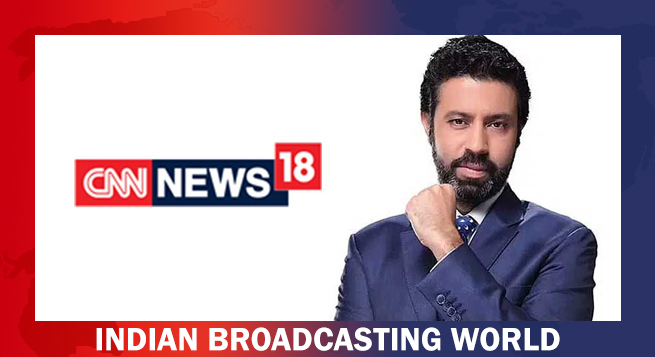 CNN-News18 Rahul Shivshankar takes editorial charge
CNN-News18 Rahul Shivshankar takes editorial charge 









